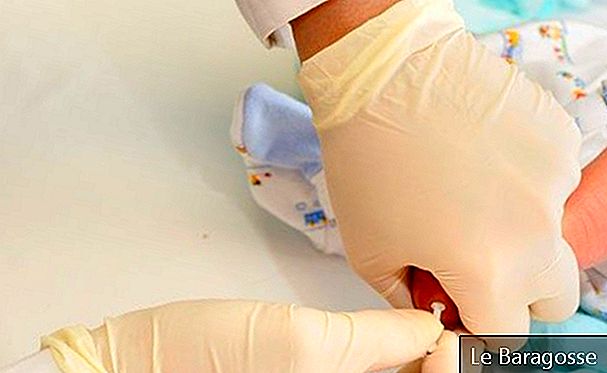
To understand hypothyroidism, you first need to know the thyroid. This gland that is located below the larynx produces hormones responsible for regulating various systems in the body, including metabolism, which is the energy storage and use system.
According to endocrinologist Álvaro Afonso, “when the thyroid does not produce enough hormones called thyroxine (T4) and triodothyronine (T3), our whole body slows down. Inadequate thyroid hormone production is called hypothyroidism when hormones are decreased and hyperthyroidism when they are increased. The endocrinologist is the medical specialist related to the thyroid and the entire endocrine system, a set of glands responsible for hormone production.
If a person has hypothyroidism, it means that they have a thyroid dysfunction that causes a decrease in the production of T3 and T4 hormones. This disease is more common among women and people over 60 and tends to recur in the family. So if you have hypothyroidism, let your family members know so they can prevent themselves by taking the exam.
Causes
Endocrinologist Álvaro Afonso explains that “hypothyroidism is mainly caused by a chronic thyroid allergy known as Hashimoto's Thyroiditis. It seems that the disease that was rare became common due to environmental pollution, mainly caused by insecticides and transgenic foods ?.
Hypothyroidism can also be a disease of birth, when the thyroid is compromised in pregnancy.
There are rarer cases of hypothyroidism, acquired after thyroid surgery, treatment with radioactive iodine or hypophase problems, another important gland that produces the thyroid regulating hormone.
Symptoms
"Dry, non-elastic skin, muscle weakness, cramps, excessive drowsiness, constipation, fluid retention, hair loss, tongue-marked teeth and weight gain are the main signs and symptoms of hypothyroidism," explains Dr Álvaro Afonso. People with mild hypothyroidism may have no symptoms at all.
In infants or in the gestation period it is very important to have the hypothyroidism test, since the presence of this disease can cause a delay in the development of the child during pregnancy and its growth in life.

How is it diagnosed?
Hypothyroidism is diagnosed through simple blood tests that measure the levels of thyroid-stimulating hormone TSH and the thyroid hormone T4. If the test shows a normal TSH level and a low T4 level, it will be hypothyroidism.
In newborns the examination is done by the foot test, when the thyroid hormones are measured to diagnose congenital hypothyroidism. If confirmed, treatment should be started immediately to avoid complications in the child's physical and mental development. A misdiagnosis at this time can cause lifelong problems.
When to worry
The test for hypothyroidism should be done if the disease is present in the family or if you have one or more symptoms. It is also suitable for women who intend to become pregnant or early in pregnancy and for people over 60 years.

Treatment
Those with hypothyroidism should seek treatment to prevent various health problems.
If left untreated, hypothyroidism can compromise physical and mental growth, cause cardiovascular and gastrointestinal disease, glaucoma, high blood pressure, mental retardation, deafness and growth failure in infants.
In most cases, the person with hypothyroidism needs to have hormone replacement for life. Treatment is by taking capsules with synthetic T4 hormone (levo thyroxine), identical to that produced by the gland. The hormone level should be regulated for each person according to the severity of the disease. Ingestion of right amounts is extremely important to relieve symptoms correctly.
How to Do a Self Thyroid Exam (April 2024)
- Prevention and Treatment
- 1,230
















